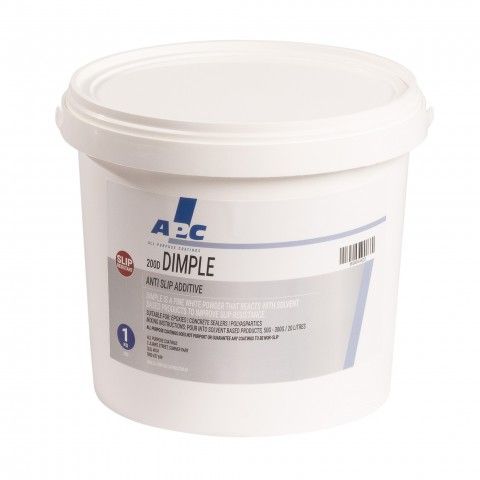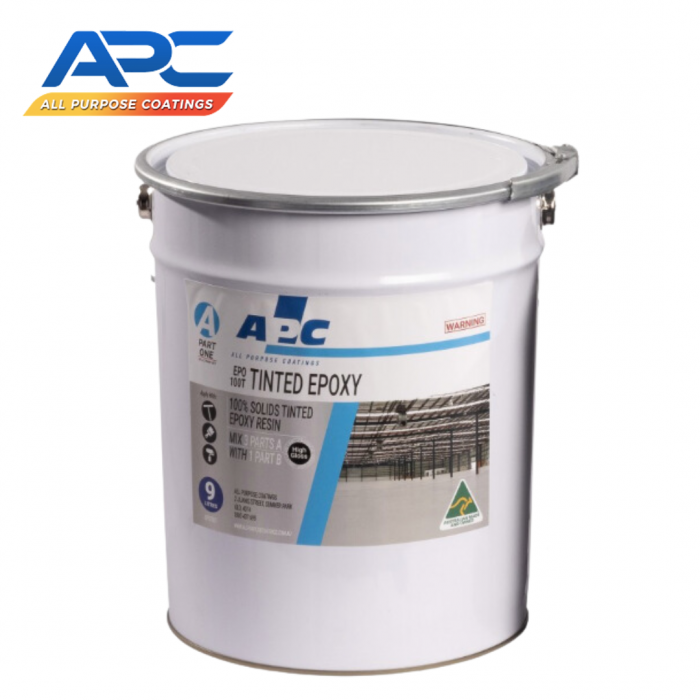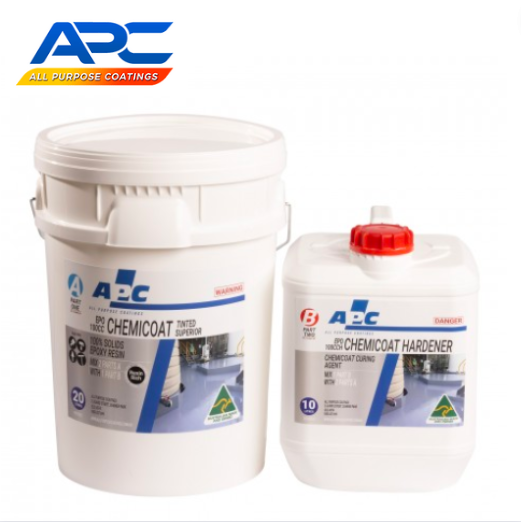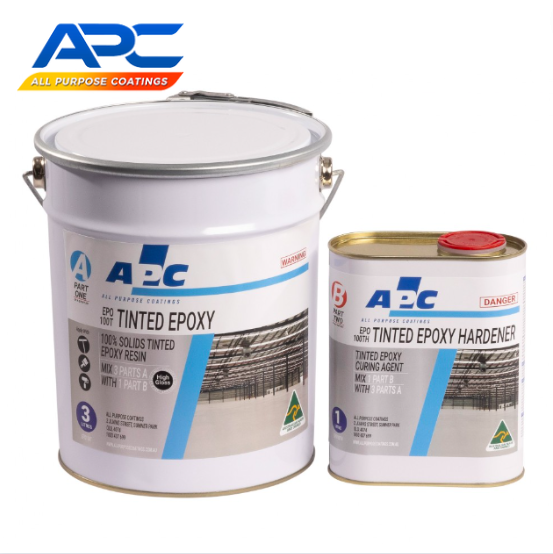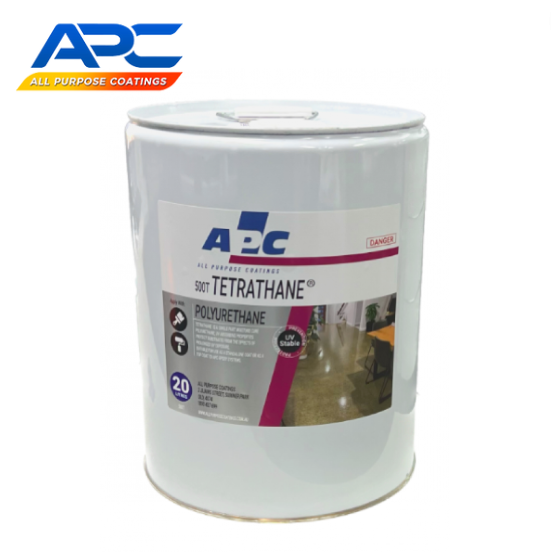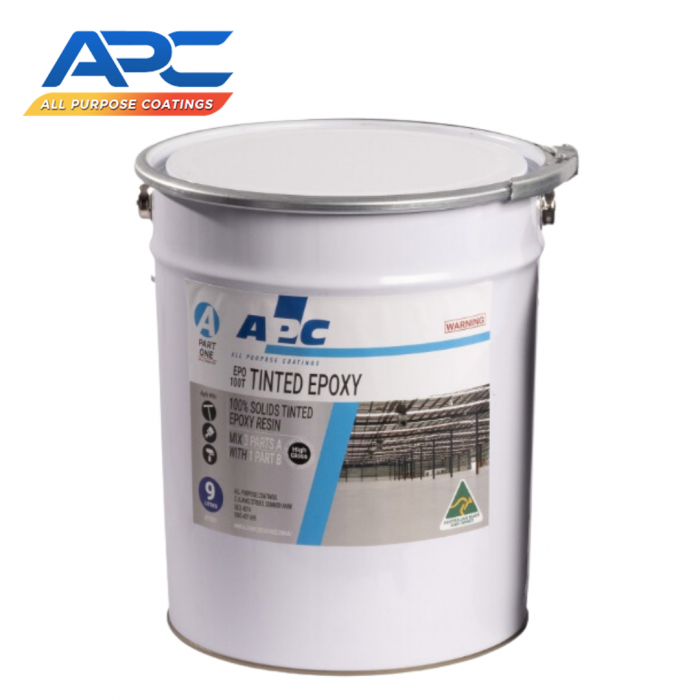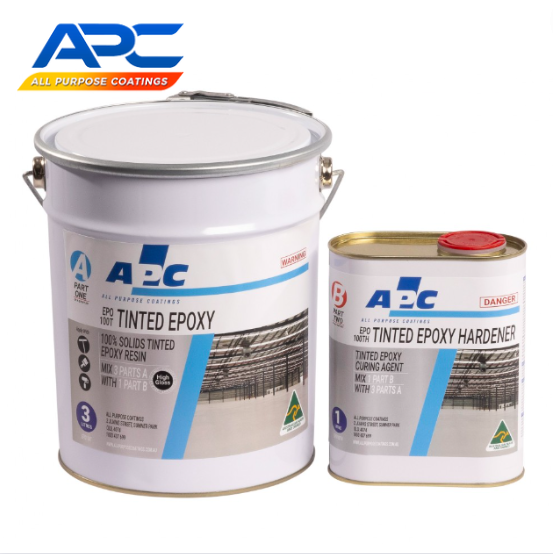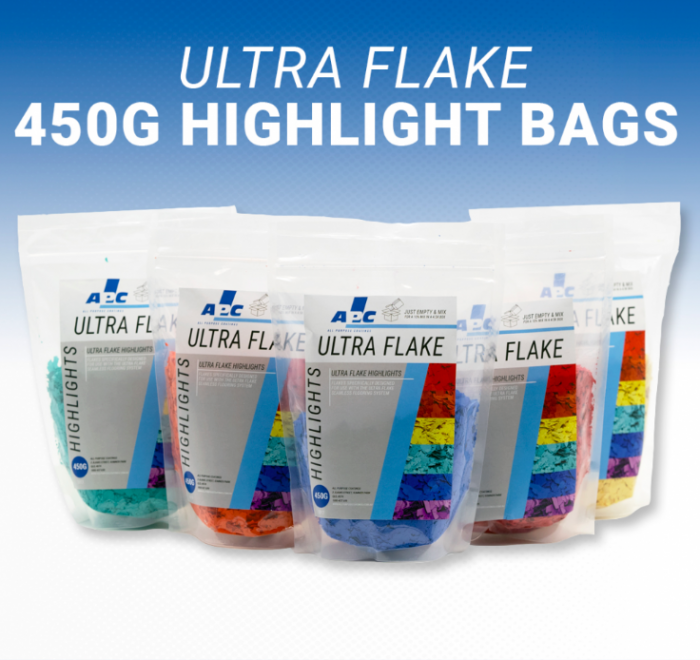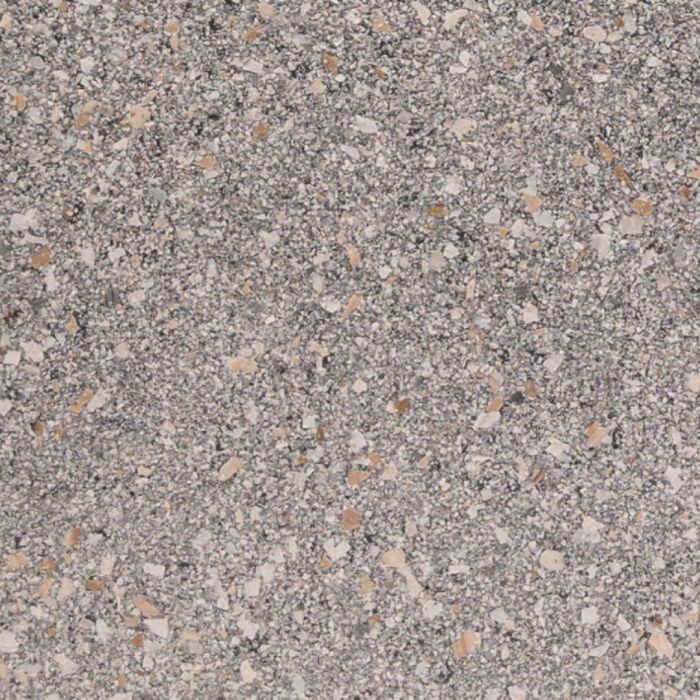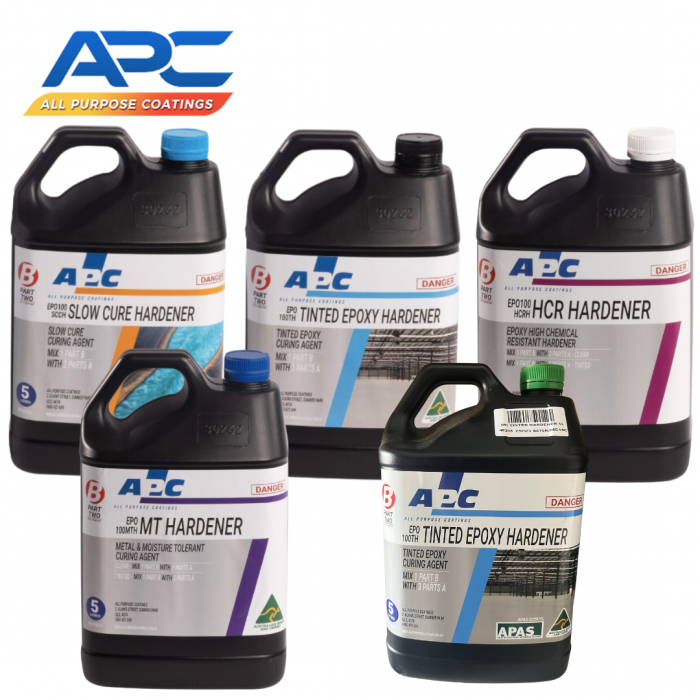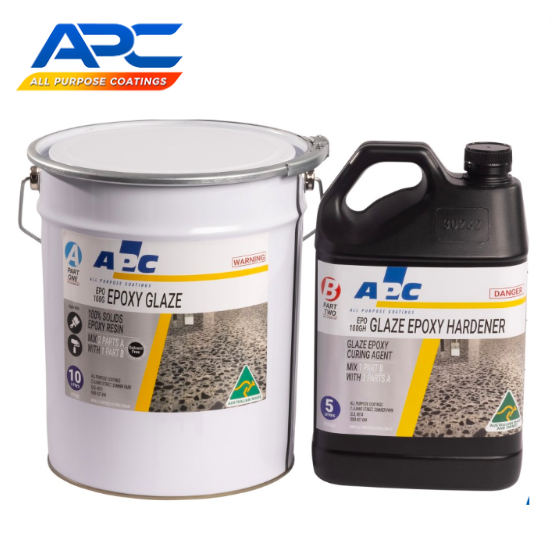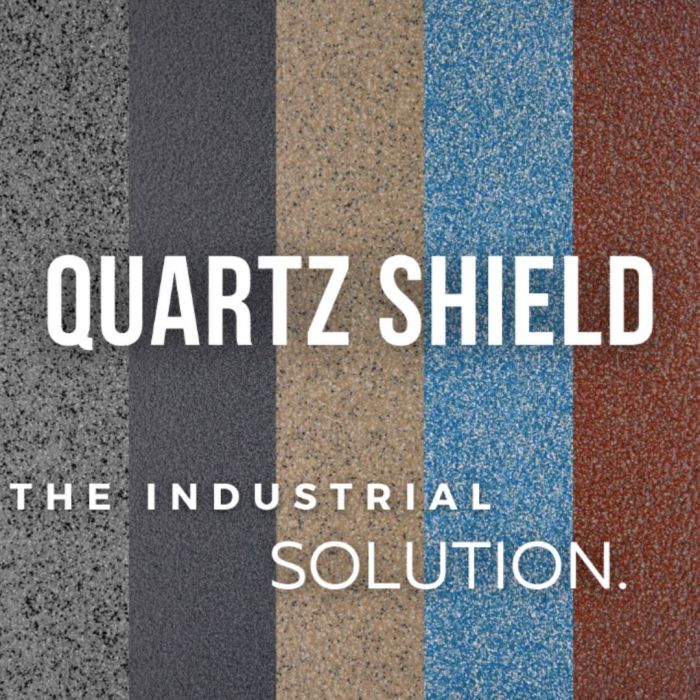Industrial Epoxy Resin: A Guide to Industrial Floor Coatings
APC 9 Litre Part A Premium Epoxy Coating
APC ChemiCoat Tinted Epoxy 20 Litre Part A
APC 4 Litre Premium Tinted Epoxy Coating Kit Kit
APC Tetrathane Clear Urethane
APC 9 Litre Part A Standard Epoxy Coating
APC 4 Litre Standard Epoxy Coating Kit
APC 450g Ultra Flake Highlights
APC Hyper Flake 4.5kg
APC 5 Litre Epoxy Hardener Part B
APC Epoxy Resin Glaze Kit
APC Quartz Shield 22.5kg
Floor paint is a specialised type of coating designed specifically for application on floor surfaces, both interior and exterior. It is formulated to provide a durable, long-lasting finish that can withstand heavy foot traffic, abrasion, and other wear and tear that floors are subjected to. Many facility managers look for high performance floor coating to withstand cracks, spills, or extreme weight; thus it’s important to choose the right coating when resurfacing your industrial floor. Additionally, epoxy resin floor coatings are highly desirable because they are UV stable, easy to clean, and resistant to stains.
Proper surface preparation and application techniques are crucial for achieving a long-lasting and excellent resistance.
When selecting a floor paint, it is important to consider factors such as:
Durability and Impact Resistance
Industrial floors are subjected to heavy foot traffic, machinery, and equipment, so the coating must be highly durable and able to withstand impact, abrasion, and wear. Epoxy coatings are known for their exceptional durability and resistance to impact, making them suitable for industrial environments.
Chemical Resistance
Many industrial processes involve the use of chemicals, oils, and other substances that can damage or degrade the floor coating. Epoxy coatings offer excellent chemical resistance, protecting the floor from stains, spills, and degradation caused by exposure to various chemicals.
Slip Resistance
Safety is a crucial consideration in industrial settings, and slip-resistant surfaces are essential to prevent accidents and injuries. Epoxy coating can be formulated with additives or textured finishes to enhance slip resistance, especially in areas prone to moisture or spills.
Ease of Maintenance
Industrial floors require regular cleaning and maintenance to maintain a safe and hygienic environment. Epoxy floor coating creates a seamless surface that is non-porous, making them easy to clean and resistant to dirt, dust, and bacterial growth.
Aesthetics, Customisation, and Seamless Surface
While functionality is the primary concern, the appearance can also be important. Coloured epoxy offers a range of colours, patterns, and finishes, allowing for customisation to match the desired aesthetic or branding of the facility.
Installation and Curing Time
Minimising downtime is crucial in industrial settings, so the installation process and curing time of the floor coating should be considered. Epoxy coatings can often be installed quickly and have relatively short curing times, allowing for a faster return to normal operations.
Types of Floor Coatings
There are different types of floor paints available, each with its own characteristics and suitable for different industrial applications:
Epoxy Coating
Epoxy floor coating is among the most durable and long-lasting options for industrial floors. They are highly resistant to chemicals, oils, and solvents, making them ideal for environments like factories, warehouses, and garages. Epoxy coating provides a seamless, non-porous surface that is easy to clean and maintain.
Polyurethane Coating
Polyurethane floor paints are known for their exceptional abrasion resistance and chemical resistance, making them suitable for high-traffic areas and industrial environments. They provide a glossy, durable finish that can withstand heavy wear and tear.
Concrete Coating
Concrete floor paints are specifically formulated for application on concrete surfaces, both interior and exterior. They are designed to adhere well to concrete and provide a protective coating that can resist moisture, chemicals, and abrasion.
Industrial Floors Epoxy Resin Considerations
Epoxy flooring is a great solution because the floor coatings are highly durable, impact resistant, and cost effective for big spaces like warehouses, or automotive garages. Epoxy resin floor coatings are also UV stable, making them resistant to stains and easy to clean.
When it comes to industrial epoxy resins, here are some additional important points to consider:
1. Curing Process
The curing process of epoxy resins is crucial for achieving their desired properties. Factors like temperature, humidity, and the ratio of resin to hardener can significantly impact the curing time and the final cured state. Proper curing ensures maximum chemical resistance, mechanical strength, and durability.
2. Types and Formulations
There are various types of epoxy resins formulated for specific industrial applications. Some common types include bisphenol-A epoxies, novolac epoxies, and cycloaliphatic epoxies. Each type has unique characteristics in terms of chemical resistance, heat resistance, viscosity, and cured properties, making them suitable for different industrial environments and requirements.
3. Compatibility and Surface Preparation
Epoxy resins can adhere to various substrates, but surface preparation is crucial for optimal adhesion. Proper cleaning, degreasing, and roughening of the surface may be necessary to ensure a strong and durable bond between the epoxy and the substrate material.
4. Health and Safety Considerations
Many epoxy resins and hardeners can be hazardous if not handled properly. Adequate ventilation, personal protective equipment (PPE), and proper disposal methods are essential when working with industrial epoxy resins to minimise exposure to harmful fumes and chemicals.
5. Regulatory Compliance
Depending on the industry and application, industrial epoxy resins may need to comply with specific regulations and standards, such as those related to fire resistance, volatile organic compound (VOC) emissions, or food contact safety. Ensuring compliance is crucial for meeting industry requirements and avoiding potential legal issues.



